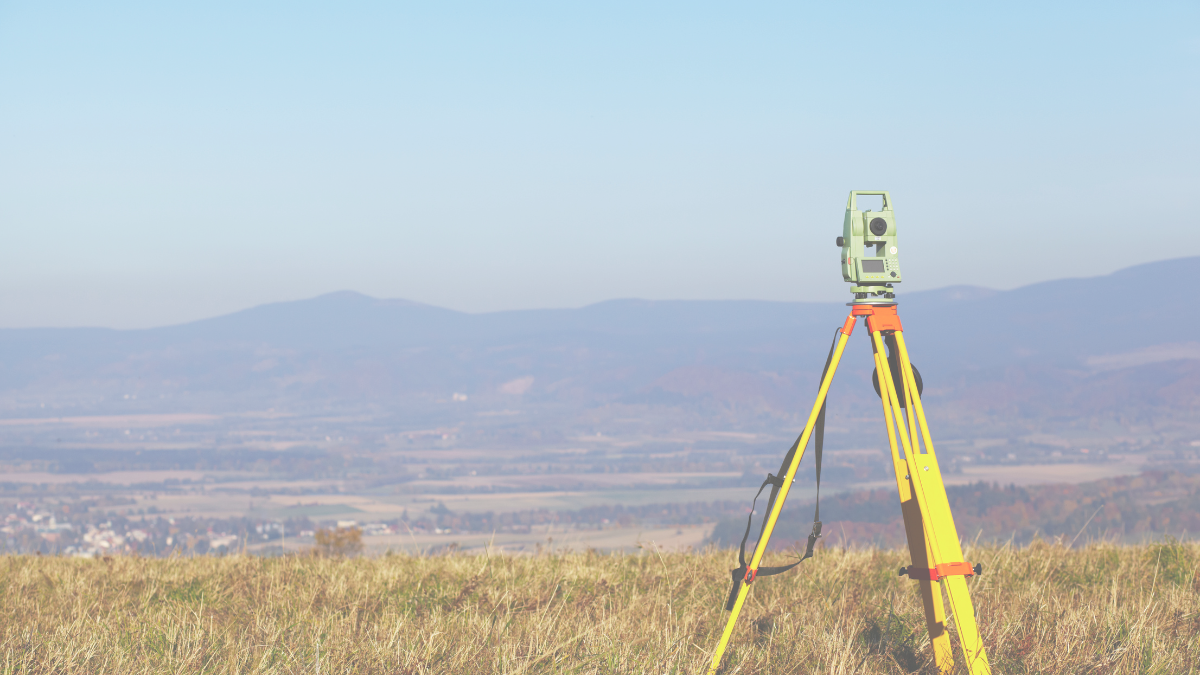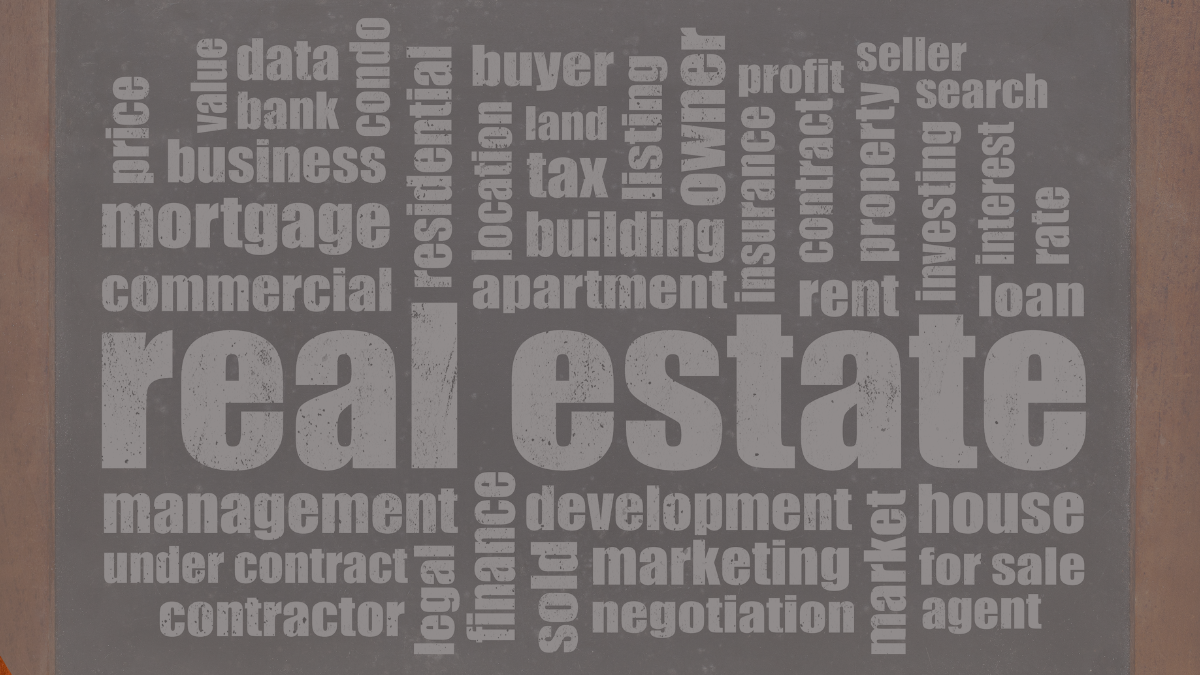Navigating Commercial Leases From Both Sides: What Tenants and Landlords Should Know
Navigating Commercial Leases From Both Sides: What Tenants and Landlords Should Know
Entering into a commercial lease is a significant decision for both tenants and landlords. Whether you’re a business owner seeking the perfect space for your operations or a property owner looking to lease out your building, understanding the key elements of a commercial lease is crucial. Unlike residential leases, commercial agreements often involve more complex terms, conditions, and legal obligations that can have long-term effects on both parties. Like residential leases, finding the right relationship can be a wildly beneficial and rewarding experience.
In this guide, we’ll explore the essential aspects of commercial leases and provide practical insights for tenants and landlords.
What is a Commercial Lease?
A commercial lease is a legally binding contract between a landlord and a business tenant. This agreement allows the tenant to use a commercial property, such as office space, retail stores, or industrial facilities, for business purposes in exchange for rent. Commercial leases differ from residential leases due to the scale, complexity, and the fact that they often have longer terms, ranging from 3 to 10 years or more.
While every lease is unique, most will cover some or all of the following key points:
- Rent amount and payment schedule
- Lease term (length of the lease)
- Permitted use of the property
- Maintenance and repair responsibilities
- Renewal options
Now that we have defined what a commercial lease is, let’s dive into what each side of the agreement should keep in mind.
Key Considerations for Tenants
Understand the Rent Structure
Commercial leases often have varying rent structures, so tenants should clearly understand how much they will be paying and how often. Here are some common types of rent structures in commercial leases:
- Gross lease: The tenant pays a fixed rent amount, and the landlord covers additional expenses like property taxes, insurance, and maintenance.
- Net lease: The tenant pays rent plus some or all of the property's operating expenses. These can include taxes, insurance, and maintenance costs.
- Percentage lease: Common in retail spaces, this lease requires tenants to pay a base rent plus a percentage of their sales revenue.
Before signing, tenants should ensure they fully understand which type of lease they are entering into, as it can significantly affect their ongoing expenses. Neglecting this basic information can impact everything from base revenue to potential for growth.
Negotiate Lease Terms
Tenants often have the ability to negotiate the terms of a commercial lease. Important areas to consider include:
- Rent increases: Be clear about how and when rent increases will be applied. Are they based on inflation, market rates, or set amounts at regular intervals?
- Lease renewal: Look for options to renew the lease and discuss what the terms will look like after the original lease term expires.
- Maintenance responsibilities: Clarify who will be responsible for maintaining different parts of the property, including repairs, utilities, and common areas.
By carefully reviewing and negotiating terms, tenants can better protect themselves from unexpected costs or undesirable conditions.
Understand Zoning and Permitted Use
One of the most important aspects of a commercial lease is ensuring the property is zoned for the intended use of your business. Local zoning laws can affect whether you can legally operate in the space. For instance, a property in a residential zone might have restrictions on running a manufacturing business, while certain commercial zones may not permit specific retail uses.
It's also essential to ensure that the lease permits your intended use of the space. Some leases may restrict the type of business activities that can be carried out on the property. Transparency is often the key. Always verify that both the zoning and lease terms align with your business plans for the present as well as the intended future. If your business could grow from retail only to manufacturing and distribution, you may find zoning issues come into play.
Key Considerations for Landlords
Protect Your Investment with Security Deposits
Landlords should request a security deposit to cover any potential damages to the property or unpaid rent from the tenant. This deposit offers financial protection, ensuring that any breaches of the lease terms don’t leave the landlord with out-of-pocket costs. The amount is typically negotiable, and landlords should clearly outline how and when this deposit will be returned after the lease ends.
Maintenance and Repairs
One of the most contentious areas in commercial leases can be the division of responsibility for maintenance and repairs. Landlords should ensure the lease clearly defines which party is responsible for maintaining and/or upgrading the interior and exterior of the building, as well as common areas and parking lots.
Some landlords opt for a triple net lease, where the tenant pays for property taxes, building insurance, and maintenance. Alternatively, a gross lease might be preferred, where the landlord covers these expenses and includes them in the rent. Clarity upfront will help avoid disputes down the road.
Consider Flexibility in Lease Terms
Offering tenants flexible terms can make your property more attractive. For example, including options to sublease, expand, or downsize their space within the lease can make a big difference to tenants, especially in volatile economic times or in turbulent industries like food service and energy distribution. Building this flexibility into the lease also ensures that the property remains occupied, reducing the likelihood of extended vacancy periods.
Real-Life Example: A West Virginia Retail Lease
In the Weirton, WV area,, commercial real estate activity is particularly focused on retail spaces in downtown areas. For instance, a local boutique was able to negotiate a percentage lease with a landlord, which helped both parties balance rent payments based on sales performance. By understanding their lease terms and actively negotiating, both the tenant and landlord were able to create a mutually beneficial arrangement that kept the business running smoothly, even with the natural ups and downs of the market.
Tips for Successful Lease Negotiations
Here are some additional tips for both tenants and landlords to ensure a smooth leasing process:
- Inspect the property: Tenants should always inspect the space to identify any potential issues, such as structural problems or repair needs, before entering into a lease agreement.
- Document everything: Keeping detailed records of negotiations, agreements, and any modifications can protect both parties if disputes arise.
- Get legal advice: Both parties should have legal counsel review the lease before signing to avoid pitfalls and ensure the contract is fair.
Contact Guida Law Offices for help with your new commercial lease.
Navigating Commercial Leases
Understanding the details of a commercial lease is critical for both tenants and landlords. From rent structures to zoning laws and maintenance responsibilities, having a clear grasp of the lease terms can prevent misunderstandings and costly disputes down the line. Taking the time to negotiate favorable terms and seeking professional legal advice can make all the difference in securing a lease that works for you.
Whether you are entering into a lease for office space in downtown Weirton or a retail property in the surrounding region, Guida Law Offices is here to help guide you through the process. Contact our experienced team today to learn more about how we can assist with your commercial real estate needs.










